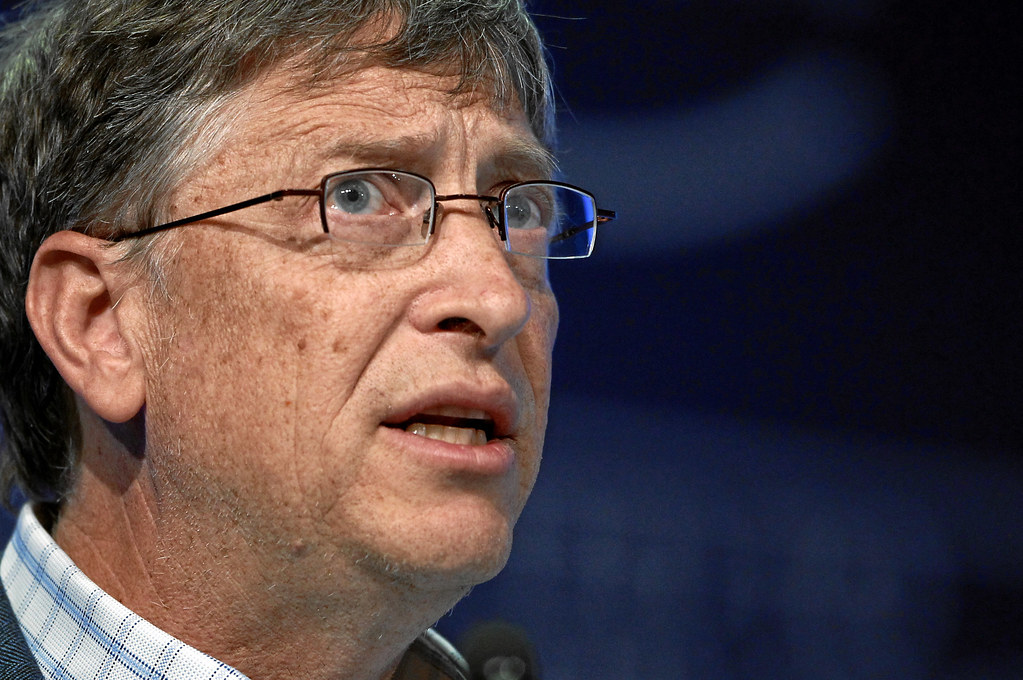
Bill Gates recently shared his insights on the transformative power of artificial intelligence (AI) during an appearance on The Tonight Show with Jimmy Fallon. Gates, who has been a major cheerleader for AI and thinks it will transform every sector, agreed. He imagines that manufacturing, logistics, and farming eventually become “solved problems.” He envisions AI’s promise to reach medical breakthroughs and fight climate change, all while reimagining education. Yet, with all the talk about productivity gains and GDP growth, the growing threat to job security still looms large.
The Promising Future of AI
As Gates pointed out in that letter, there is tremendous optimism surrounding AI’s capacity to help accelerate medical breakthroughs. He suggests that AI-powered systems could streamline healthcare delivery, improve diagnostic accuracy, and make high-quality medical counsel more accessible and affordable. These innovations have the potential to greatly enhance patient care by enabling access to more advanced medical services to a wider population.
Additionally, Gates foresees AI greatly assisting in the fight against climate change. By streamlining operations and minimizing excess, AI will play a crucial role in creating a cleaner, greener future. In education, Gates envisions AI someday delivering personalized tutoring at scale, improving learning faster and more precisely by focusing instruction where it’s needed most. This would help to democratize access to education, putting quality learning experiences within everyone’s reach and making them available to all students.
Workforce Disruption Concerns
While AI has the ability to do great things, the technology brings problems, especially with job security. Microsoft AI CEO Mustafa Suleyman and OpenAI CEO Sam Altman have expressed concerns about AI’s impact on traditional labor markets. According to Suleyman, AI will first improve human intelligence and skill and then take most jobs completely—a transformation that would be as drastic as it is fast. Altman seems to have thought the same, recently predicting that AI will make many current jobs superfluous as large language models become ubiquitous.
Gates seems to understand that AI is going to replace a lot of work. For him, activities such as service professions, the arts, and entertainment will never be conquered by machines. As AI becomes more integrated into various industries, it may destabilize the workforce by transforming traditional roles and necessitating new skill sets.
A Decade of Transformation
Over the next decade, Gates expects AI to deliver better services at universal scale. He envisions a future where AI transforms fields including medicine and education. It is going to take over the everyday tasks, leaving humans to focus on the bigger problems. This technological shift will in many ways transform the fabric of daily life as we know it. It will improve quality of life and open access to economic opportunity.
As this transformation unfolds, society must address the challenges associated with workforce disruption and ensure that the benefits of AI are equitably distributed. Policymakers, businesses and educators all have critical roles to play in seizing the post-AI opportunity.
Author’s Opinion
AI’s transformative potential is undeniable, but its rapid growth poses serious challenges, particularly in terms of job displacement and workforce stability. While it will undoubtedly improve lives and industries, a proactive approach is needed to mitigate the negative consequences of these changes, ensuring that workers are prepared for the evolving landscape.
Featured image credit: World Economic Forum via Flickr
Follow us for more breaking news on DMR
